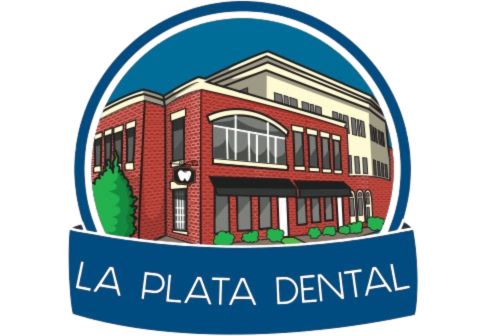

DENTISTRY.DIFFERENTLY
LA PLATA, MD

DENTISTRY. DIFFERENTLY.
Serving La Plata, MD
Dentist in La Plata, MD
Choose Quality, Choose La Plata Dental
Ordinary dentistry ends here. At La Plata Dental, your smile is more than teeth—it’s the foundation of your confidence, style, and success. We’re redefining dentistry across La Plata, Maryland.
Are you tired of settling for ordinary dental experiences that leave you feeling anxious and underwhelmed? At La Plata, we understand that your smile is more than just teeth – it's a reflection of your confidence, personality, and success.
You Deserve The Best Dental Care
Dr. Alan Williams, D.D.S., is dedicated to creating a comfort-centric, welcoming environment where patients feel at home. His vision for Feasterville goes beyond perfecting smiles — he empowers patients to feel confident, prioritize their health, and embrace a healthier lifestyle. Dr. Williams also inspires his team to deliver inclusive, compassionate care for all.
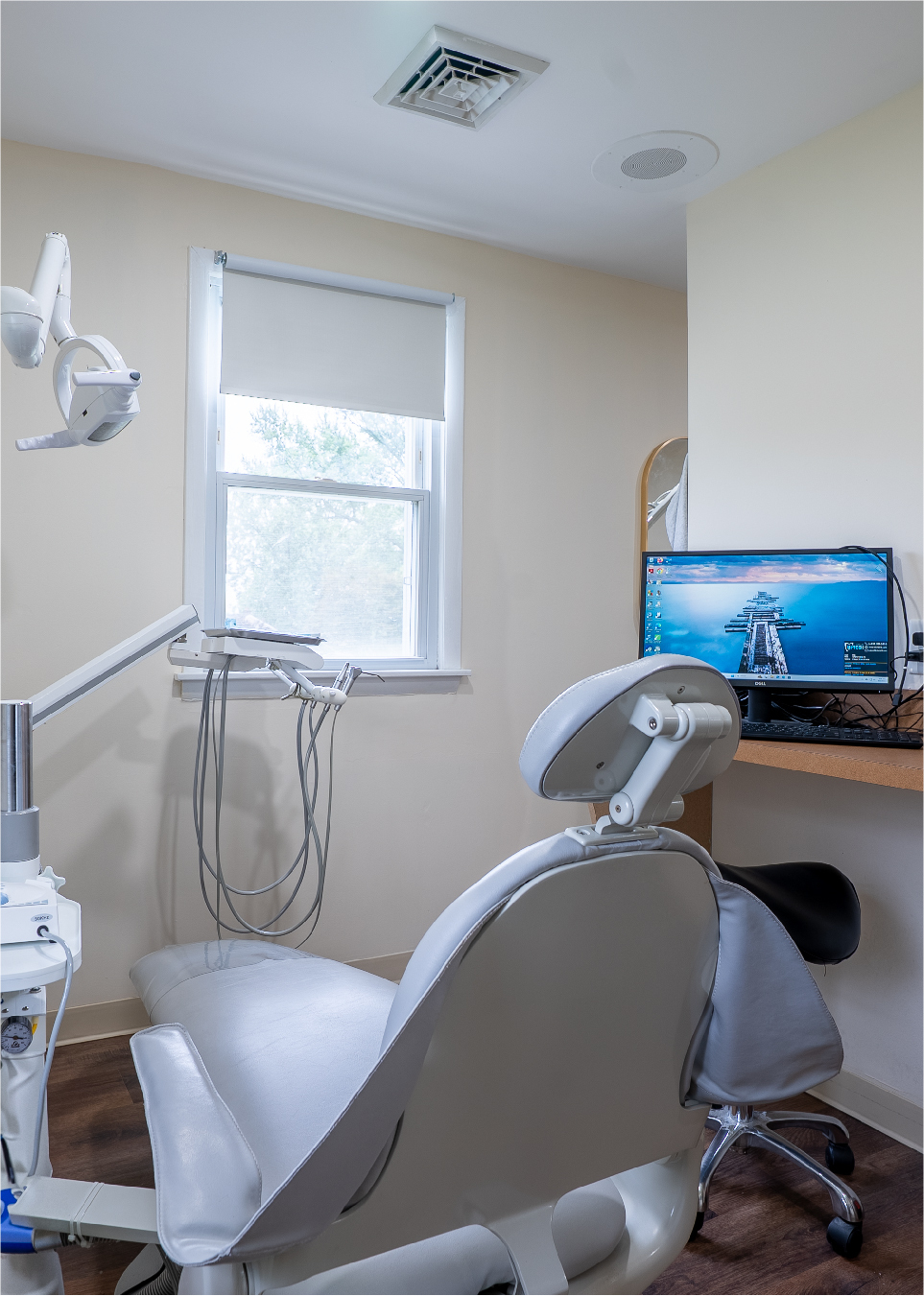

You Deserve The Best Dental Care
Dr. Alan Williams, D.D.S., is dedicated to creating a comfort-centric, welcoming environment where patients feel at home. His vision for Waverly goes beyond perfecting smiles — he empowers patients to feel confident, prioritize their health, and embrace a healthier lifestyle. Dr. Williams also inspires his team to deliver inclusive, compassionate care for all.
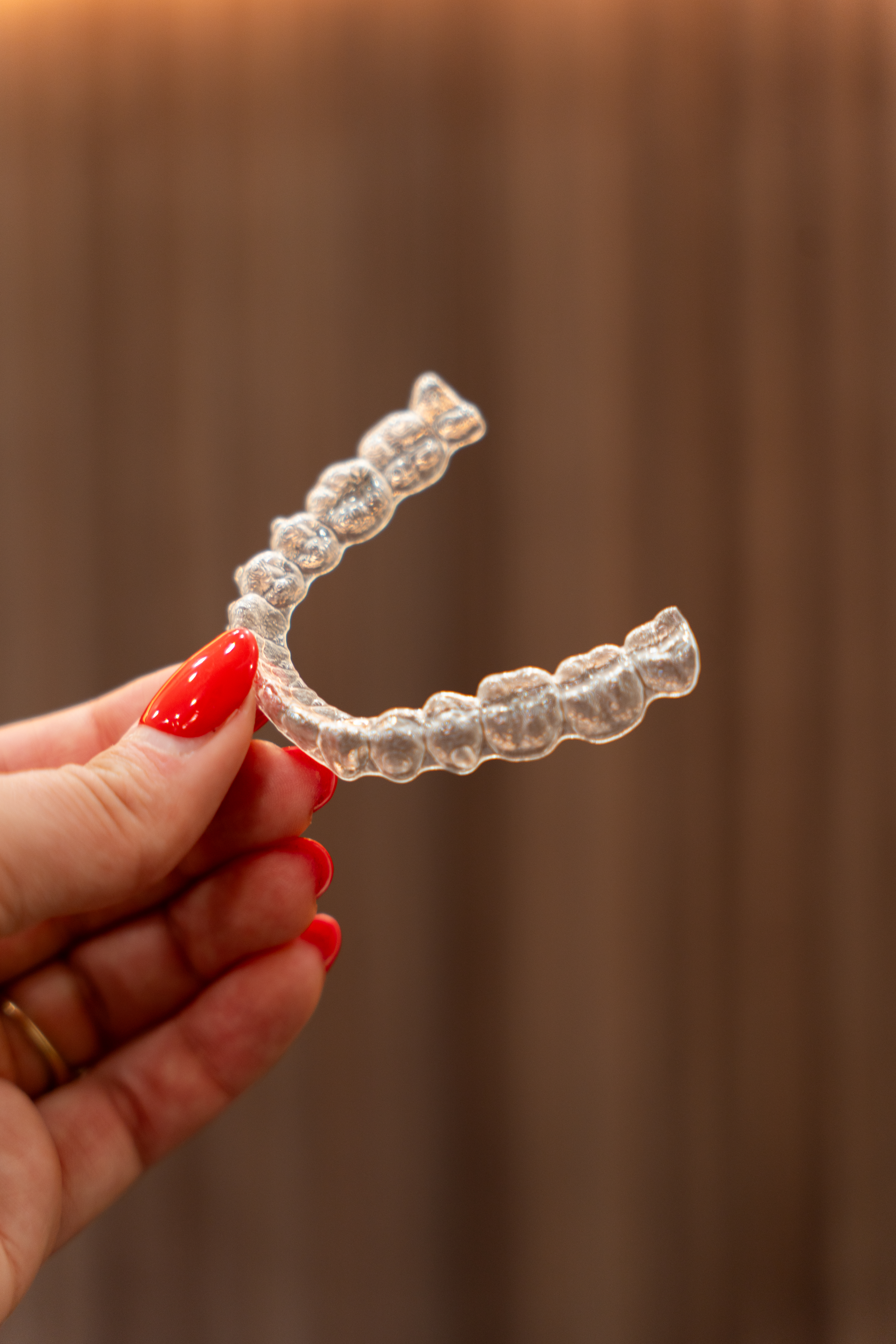
Say Hello To
Confidence
Your Brightest
Smile Yet — Now
$500 Off Invisalign!
At La Plata Dental, straightening your teeth with Invisalign® is simple — and now just $4,495 (that’s $500 off our regular price of $4,995). Are you ready to transform your smile discreetly and confidently? Look no further than La Plata Dental, your premier destination for Invisalign treatment in the La Plata area. With our state-of-the-art technology and expert care, achieving a beautifully aligned smile has never been easier — or more affordable. Limited-time offer — ends December 31st!
Experience Dental Care in a Comfortable, Stress-Free Environment
Get the smile you’ve always dreamed of. Our industry-leading treatment options, comprehensive insurance coverage, and flexible financing choices make it easier than ever to attain your healthiest and most confident smile.

Preventative Dental Treatments
Preventative dental care is the cornerstone of our practice, ensuring you maintain a healthy smile. Whether you’re young or young at heart, our comprehensive dental care is tailored to meet every family member’s needs.

Restorative Dental Treatments
Restorative dentistry focuses on repairing and restoring damaged or lost teeth. Whether you have cavities, cracks, or missing teeth, restorative dental procedures can help bring back your smile’s radiance and boost your confidence.

Dental Emergencies
We aim to get you back to feeling your best as quickly as possible. Depending on the severity of your case, this might include immediate mitigation, temporary pain relief, and scheduling you for another appointment.

Preventative Dental Treatments
Preventative dental care is the cornerstone of our practice, ensuring you maintain a healthy smile. Whether you’re young or young at heart, our comprehensive dental care is tailored to meet every family member’s needs.

Restorative Dental Treatments
Restorative dentistry focuses on repairing and restoring damaged or lost teeth. Whether you have cavities, cracks, or missing teeth, restorative dental procedures can help bring back your smile’s radiance and boost your confidence.

Dental Emergencies
We aim to get you back to feeling your best as quickly as possible. Depending on the severity of your case, this might include immediate mitigation, temporary pain relief, and scheduling you for another appointment.

Cosmetic Dentistry
A picture-perfect smile isn’t just for celebrities anymore. At La Plata Dental, we offer cosmetic dentistry services that meet the needs, budgets, and lifestyles of our patients. We’ll help you get the smile of your dreams in complete comfort and free from stress. By assessing your smile, we help create a personalized treatment plan that will keep you smiling.

Invisalign
Invisalign clear aligners are an orthodontic solution that allows patients to achieve a straighter smile without marring their professional image or taking up all of their free time. Invisalign can give you the results you desire without noticeable brackets and wires.

Dental Implants
Options for dental implants include single teeth, implant bridges, and dentures, depending on individual needs. They offer a long-term solution, preserving the jawbone and surrounding teeth.

Teeth Whitening
Looking to achieve that “Hollywood smile”? Experience the pinnacle of teeth whitening at La Plata Dental. Our state-of-the-art treatments provide personalized solutions, empowering you to achieve the exact brightness level you desire!
Why Patients Love La Plata Dental
Real stories, real smiles. Read our glowing reviews from happy patients.

I recently visited as a new patient for a cleaning and was incredibly impressed by the experience. From the moment I walked in, the staff made me feel welcome and cared for. Everyone was exceptionally kind and professional. The hygienist took great care and time with both the cleaning and X-rays, ensuring everything was thorough and done to the highest standard. I truly appreciate the attention to detail and the warm, friendly atmosphere. Highly recommend!
Steph P.

Excellent care with very experienced hygienists. Veronica was fantastic, and Dr. Betaharon is the dentist I'll stick with for as long as possible. No excess work done, nor recommended; only what I needed. Pain free cleaning with minimal discomfort. They both, along with the receptionists really made me feel valued as a client and as a person.
Kevin T.

I’ve had 2 crowns and a cleaning with the La Plata dental office. The first one I had recently relocated and let the tooth get to the point of pain. The dentist was kind and shaped the tooth on 2 extra visits to help with my bite and alleviate my painful, upset nerve. My next crown was easy and no real pain experienced. Appointments are a long wait. It also takes a month to get the permanent crown in which seems lengthy. Overall a great team and kind to my “not a fan, anxious patient” fears!
Deb B.

First time at the office and I felt like family! Was an emergency visit and they took me right away, even though I had never been a patient before. Everyone was courteous, friendly and knowledgeable. Made you feel like they really care and they do. Dr Betaharon was great in letting me know my options to fix a tooth. He was so kind and patient in explaining everything to help me make a decision. The staff is phenomenal as well. And the office was immaculately clean. I would recommend them in a heart beat!
Denise L.
The Feasterville Experience
Helping you achieve your dream smile
As a family dental office, Feasterville is dedicated to building lifelong connections and creating healthy smiles. We focus on prevention, diagnosis, and treatment with the latest technology, always prioritizing your comfort. With transparent, non-judgmental, and affordable care, we’re here to make every visit a positive experience.
Expert care in an inviting atmosphere | Home-like amenities to make you comfortable | Judgment-free dental care
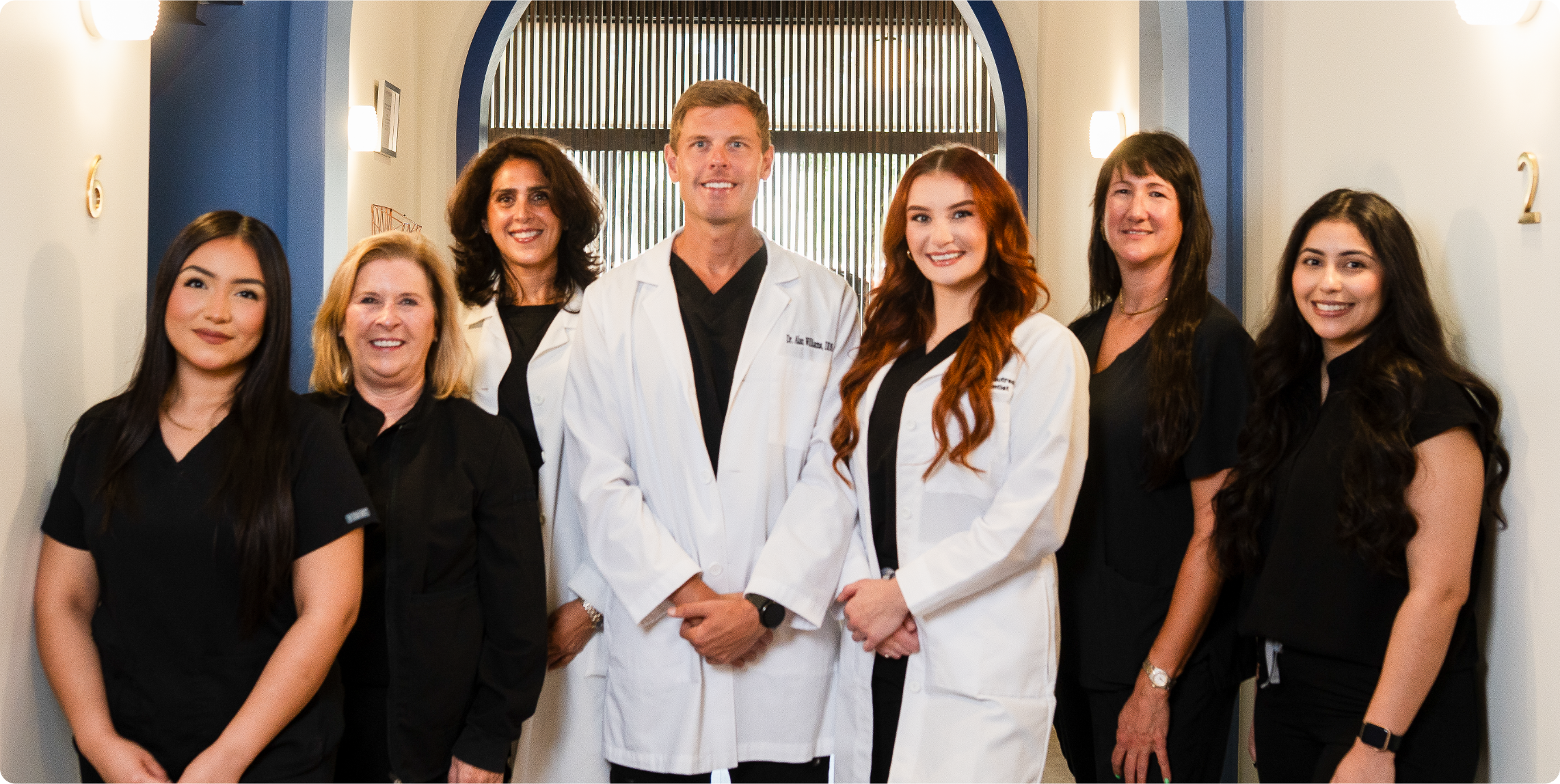
Ready to Book Your Appointment?
Schedule your appointment today and experience the La Plata Dental difference. We provide convenient insurance and financing options, ensuring a stress-free dental experience.
Conveniently Located in
La Plata, MD
We are proud to serve the La Plata, Charlotte Hall, Mechanicsville, and Waldorf communities. Our commitment to accessibility ensures that your dental needs are always within reach.
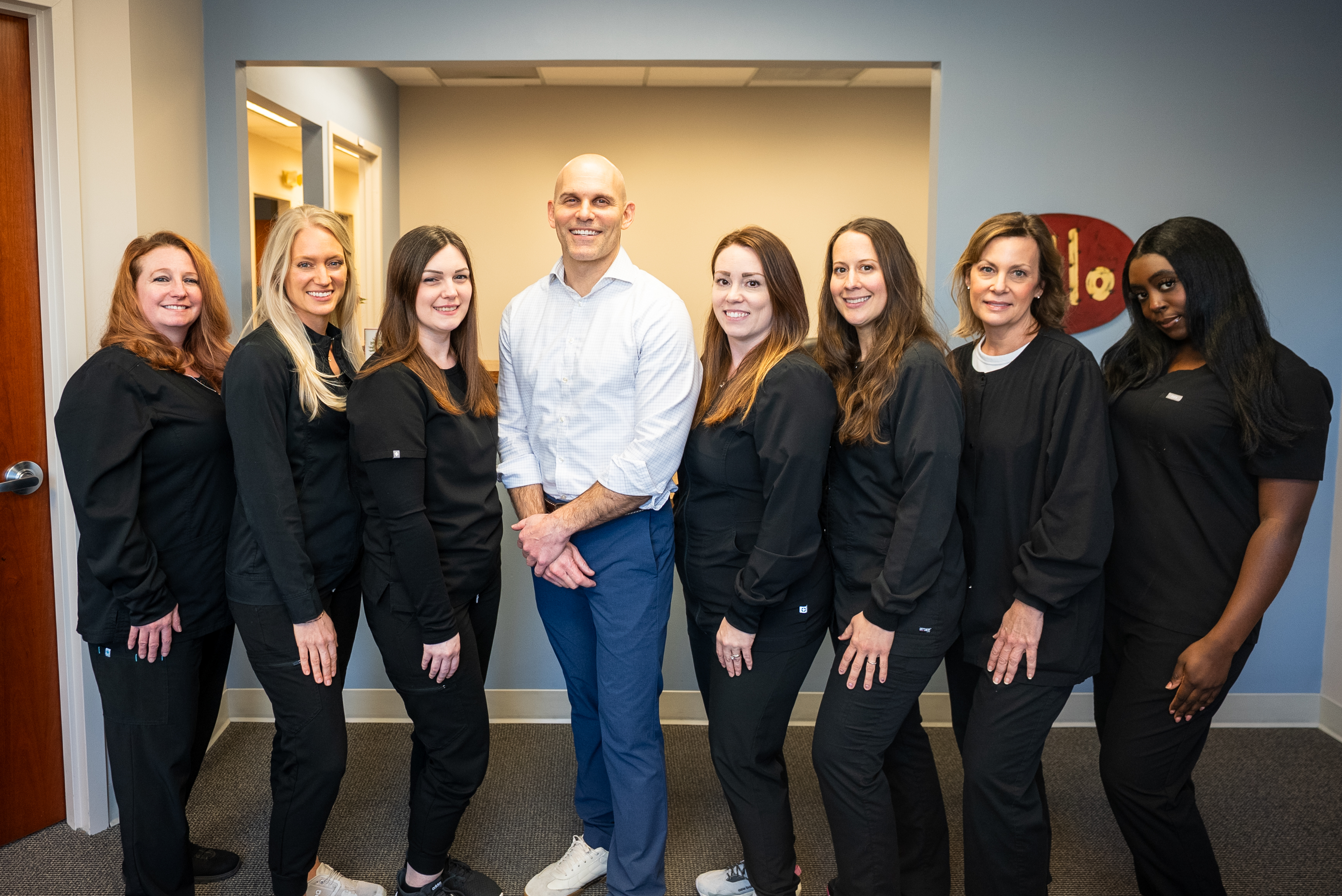
Ready to book your appointment?
Schedule your appointment today and experience the La Plata Dental difference. We provide convenient insurance and financing options, ensuring a stress-free dental experience.
Services
About Us
Insurance and Financing
Contact Us

